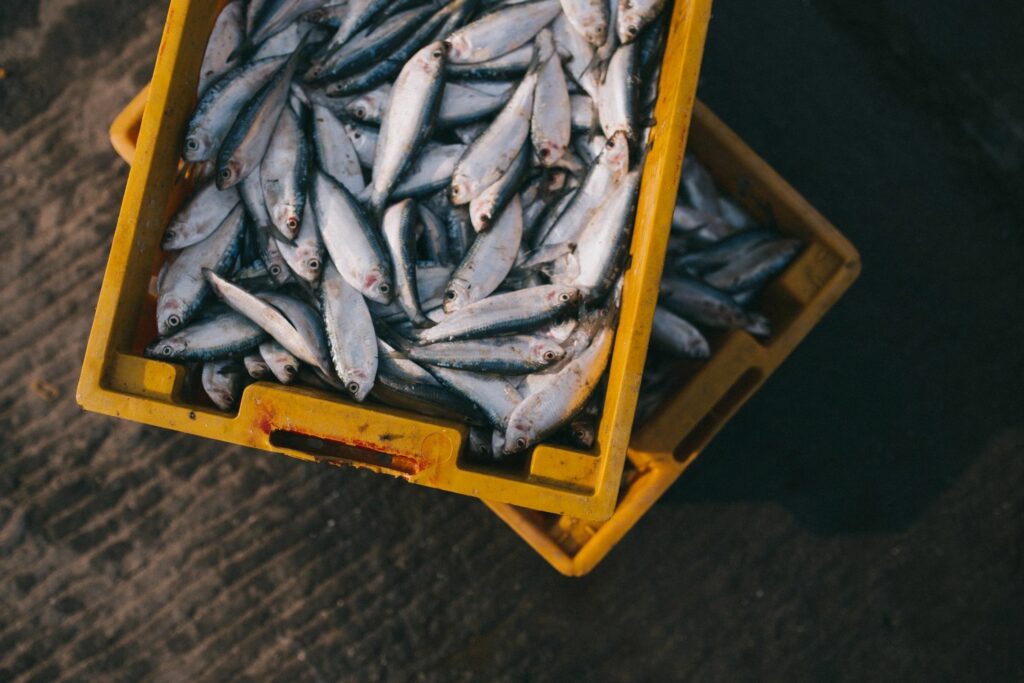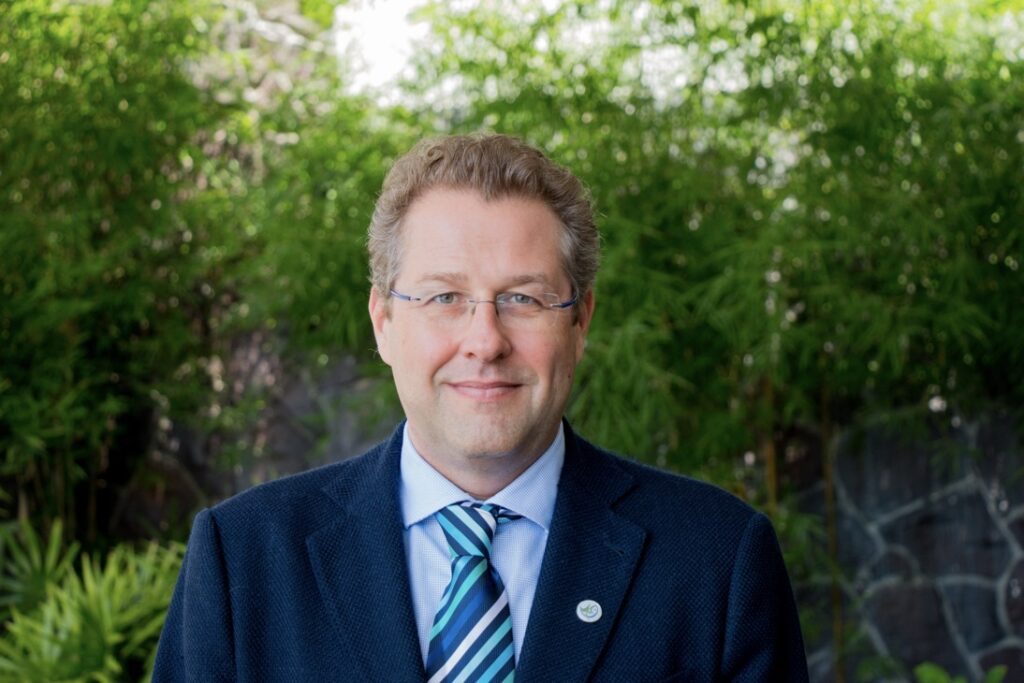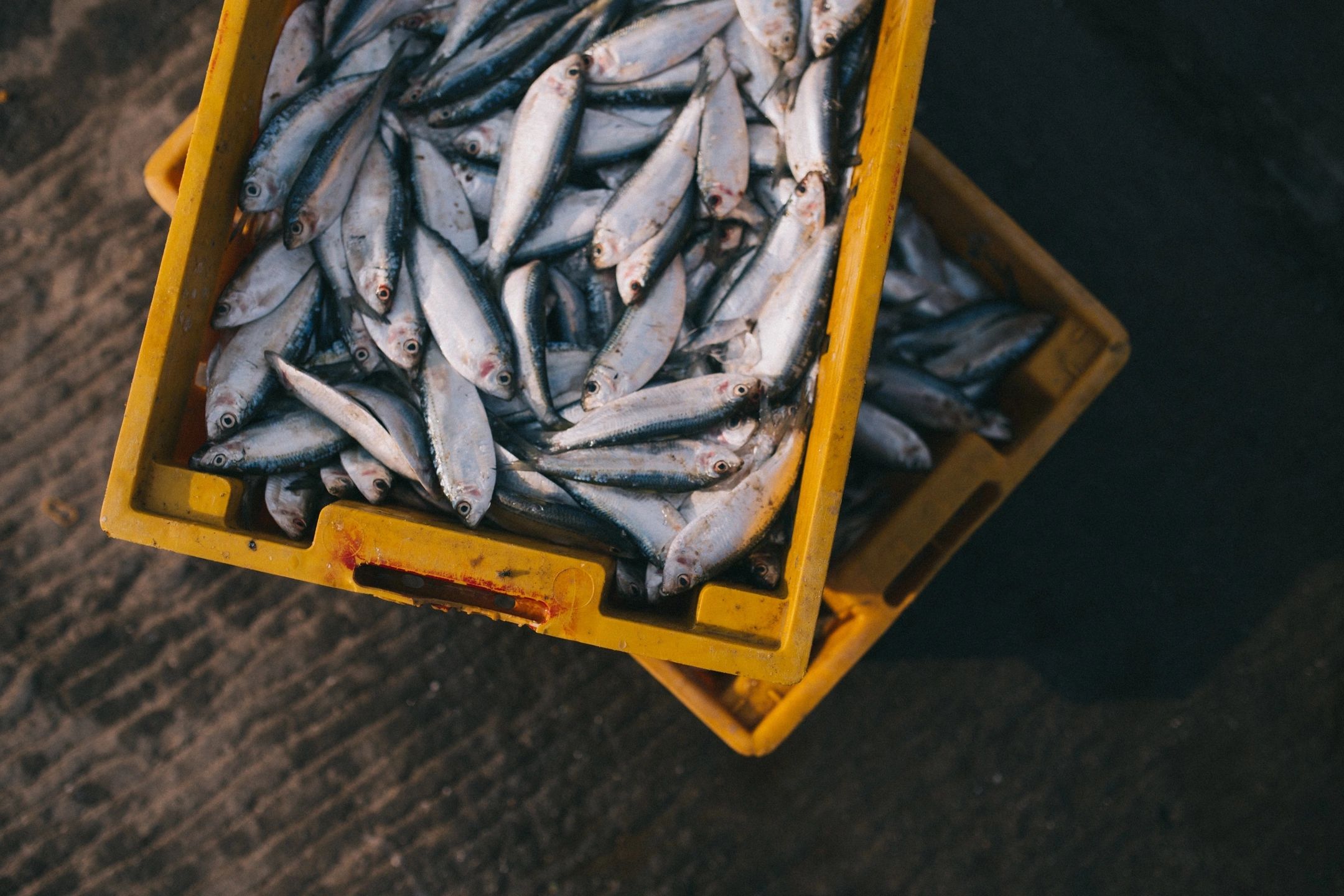
By V. Sivaji
How many of us have heard about the international organisation called “WorldFish” and what more they have been headquartered in Penang for the past 20
Ironically, WorldFish is an international, non-profit research organization that harnesses the potential of fisheries and aquaculture to strengthen livelihoods and improve food and nutrition security.
Globally, more than 1 billion people obtain most of their animal protein from fish and 800 million depend on fisheries and aquaculture for their livelihoods. WorldFish is a member of CGIAR, a global research partnership for a food-secure future.
The WorldFish mission is to strengthen livelihoods and enhance food and nutrition security by improving fisheries and aquaculture.
“We pursue this through research partnerships focused on helping those who stand to benefit the most poor producers and consumers, women and children.
“Today, fish provides more than one billion poor people with most of their daily animal protein.

“Fish provides nutrients and micronutrients that are essential to cognitive and physical development, especially in children, and are an important part of a healthy diet.
“As an affordable animal source of protein in some of the poorest countries, fish is the primary source of nutrition, creating growing demand for this staple.
“However, fish supplies are failing to meet demand and there are major shortages in some critically poor countries where they are needed most,: says Director General Dr Gareth Johnstone at the World Seafood Congress 2019 held over three-days at the Setia Spice Convention Centre , Penang, for the first time.
The biannual global event is organised by the International Association of Seafood Professionals and the last conference was held in Rjekavik, Iceland.
Portugal will host the next World Seafood Congress in 2021.
Meanwhile, Gareth also added that globally, more than 250 million people depend directly on fisheries and aquaculture for their livelihoods and millions are employed in fisheries and aquaculture value chains in roles such as processing or marketing.
“The very poor often rely on fishing as a primary source of income. These small-scale fishers are particularly vulnerable as fish stocks diminish.
“Increased productivity from sustainable fisheries and aquaculture can be a driver for rural development by mitigating risks to livelihoods and contributing to income generation and employment,” said Gareth.
Therefore, improving the productivity of fisheries and aquaculture is vital to reducing hunger and poverty for millions in the developing world.
Sustainable, productive fisheries and aquaculture improve food and nutrition security, increase income and improve livelihoods, promote economic growth and protect our environment and natural resources.
A sustainable approach to fisheries and aquaculture will help to protect our natural resources and ensure that fish stocks are available for future generations.
Currently, overfishing, ineffective management practices, industrial development and agricultural pollution have reduced fish stocks. While sustainable fisheries management is a challenge, solid global and regional governance of these vital resources will ensure that we can produce enough fish for those living in poor regions.
Aquaculture, in particular, has tremendous potential to enhance food security and be environmentally sustainable. Small-scale aquaculture is especially important for meeting the world’s growing demand for fish. As fish require a smaller environmental footprint than other animal source food, aquaculture is a more environmentally sustainable option for meeting the world’s food needs than other animal source foods.
WorldFish has more than 400 staff in seven offices across Asia, Africa and the Pacific.


